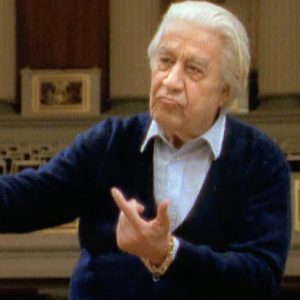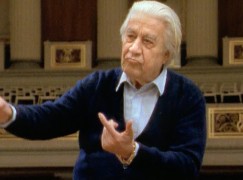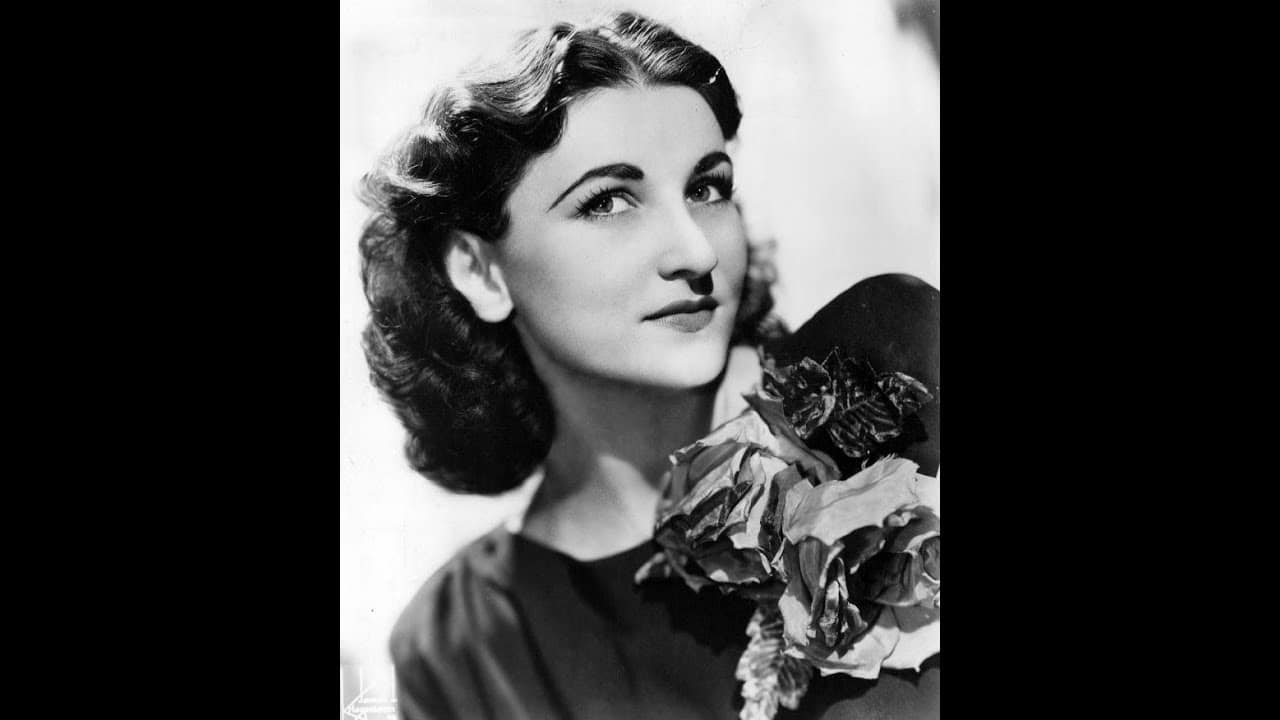Just in: John Malkovich to star as famed conductor in new film
NewsVariety reports that veteran Hollywood actor Malkovich is to play Sergiu Celibidache in a film titled The Yellow Tie.
The script is by Celi’s son, who will also direct. Shooting in Romania early next year.
Plotline: Teenaged Celi gets thrown out of home after telling Pa he wants to be a musician. Some years later he’s chief of the Berlin Philharmonic. Goes on to become one of music’s greatest grouches.
“I am thrilled and honored to be given the opportunity to play the conductor Sergiu Celibidache,” said Malkovich. “A unique and singular talent, he is considered to be one of the great classical music visionaries of the last century. Playing him in his later years will be a challenging and fascinating journey.”







Comments